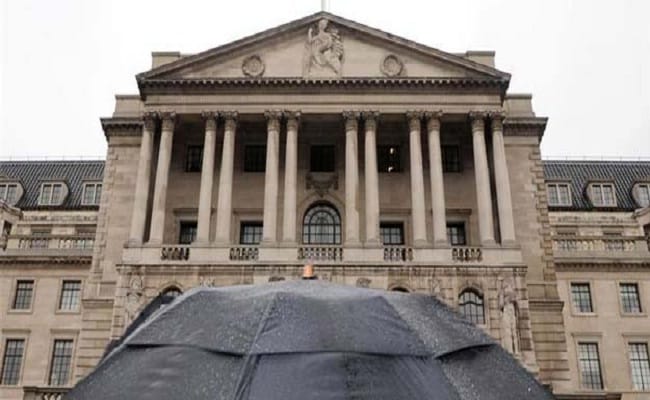The Aditya-L1 spacecraft is an unmanned observation satellite.
In a significant leap for the country’s space exploration endeavours, the Indian Space Research Organisation (ISRO) on Saturday successfully launched its maiden solar mission, Aditya-L1, carrying seven payloads for a detailed study of the sun.
India’s first solar space observatory mission was launched on the Polar Satellite Launch Vehicle (PSLV) XL from the Satish Dhawan Space Centre in Sriharikota at 11.50 am. The separation of Aditya-L1 and its injection into an elliptical orbit around the Earth were successful and took about 63 minutes.
Several politicians across party lines congratulated ISRO on the successful launch of the mission and its importance for science and humanity.
President Droupadi Murmu celebrated the significant milestone as a “historic feat,” underscoring its contribution to expanding our understanding of outer space. She conveyed her sincere congratulations to the dedicated ISRO scientists and engineers for their outstanding achievement and offered her utmost support for the mission’s prosperous outcome.
“The launch of Aditya-L1, India’s first solar mission, is a landmark achievement that takes India’s indigenous space programme to a new trajectory. It will help us better understand space and celestial phenomena. I congratulate the scientists and engineers at ISRO for this exceptional feat. My best wishes for the success of the mission,” President Murumu said.
The launch of Aditya-L1, India’s first solar mission, is a landmark achievement that takes India’s indigenous space programme to a new trajectory. It will help us better understand space and celestial phenomena. I congratulate the scientists and engineers at @isro for this…
— President of India (@rashtrapatibhvn) September 2, 2023
Appreciating the hardworking scientists responsible for this extraordinary accomplishment in India’s space exploration journey, Prime Minister Narendra Modi conveyed his confidence in India’s continued efforts to enhance our “understanding of the universe for the welfare of entire humanity.”
“After the success of Chandrayaan-3, India continues its space journey. Congratulations to our scientists and engineers at ISRO for the successful launch of India’s first Solar Mission, Aditya -L1. Our tireless scientific efforts will continue in order to develop a better understanding of the universe for the welfare of entire humanity,” PM Modi said.
After the success of Chandrayaan-3, India continues its space journey.
Congratulations to our scientists and engineers at @isro for the successful launch of India’s first Solar Mission, Aditya -L1.
Our tireless scientific efforts will continue in order to develop better…
— Narendra Modi (@narendramodi) September 2, 2023
The main opposition party in the Indian parliament, Congress, hailed the launch of Aditya-L1 as a “stupendous achievement” for India, as it shared a timeline of the mission from its conceptualization for understanding the “continuity in the ISRO saga”.
In a post in Hindi on X, the Congress said ISRO has given many opportunities to the country to be proud.
“After Chandrayaan-3, ISRO has again raised the nation’s prestige by successfully launching Aditya L-1,” the party said.
ISRO ने देश को गौरवान्वित होने के अनेक मौके दिए हैं।
चंद्रयान-3 के बाद ISRO ने आदित्य L-1 को सफलतापूर्वक लॉन्च कर फिर से देश का मान बढ़ाया है।
देश के वैज्ञानिकों की इस अभूतपूर्व उपलब्धि पर समस्त कांग्रेस परिवार को गर्व है। ISRO की पूरी टीम को शुभकामनाएं।
जय हिंद 🇮🇳 pic.twitter.com/xzyKgwxQsh
— Congress (@INCIndia) September 2, 2023
The entire Congress family is proud of this unprecedented achievement of the country’s scientists, it said. Best wishes to the entire ISRO team, the party added.
In a post on X, Congress general secretary Jairam Ramesh said, “Today’s launch of Aditya-L1 is another stupendous achievement of ISRO and for India!” “While saluting ISRO once again, it is worthwhile recalling the recent timeline for Aditya-L1 to understand the continuity in the ISRO saga,” he said.
Today’s launch of Aditya-L1 is another stupendous achievement of ISRO and for India!
While saluting ISRO once again, it is worthwhile recalling the recent timeline for Aditya-L1 to understand the continuity in the ISRO saga.
2006: Scientists with the Astronomical Society of…
— Jairam Ramesh (@Jairam_Ramesh) September 2, 2023
According to ISRO, Aditya-L1 is the first space-based observatory to study the Sun. The spacecraft, after travelling about 1.5 million km from the Earth over 125 days, is expected to be placed in a Halo orbit around the Lagrangian point L1 which is considered closest to the Sun.
(With inputs from agencies)



















